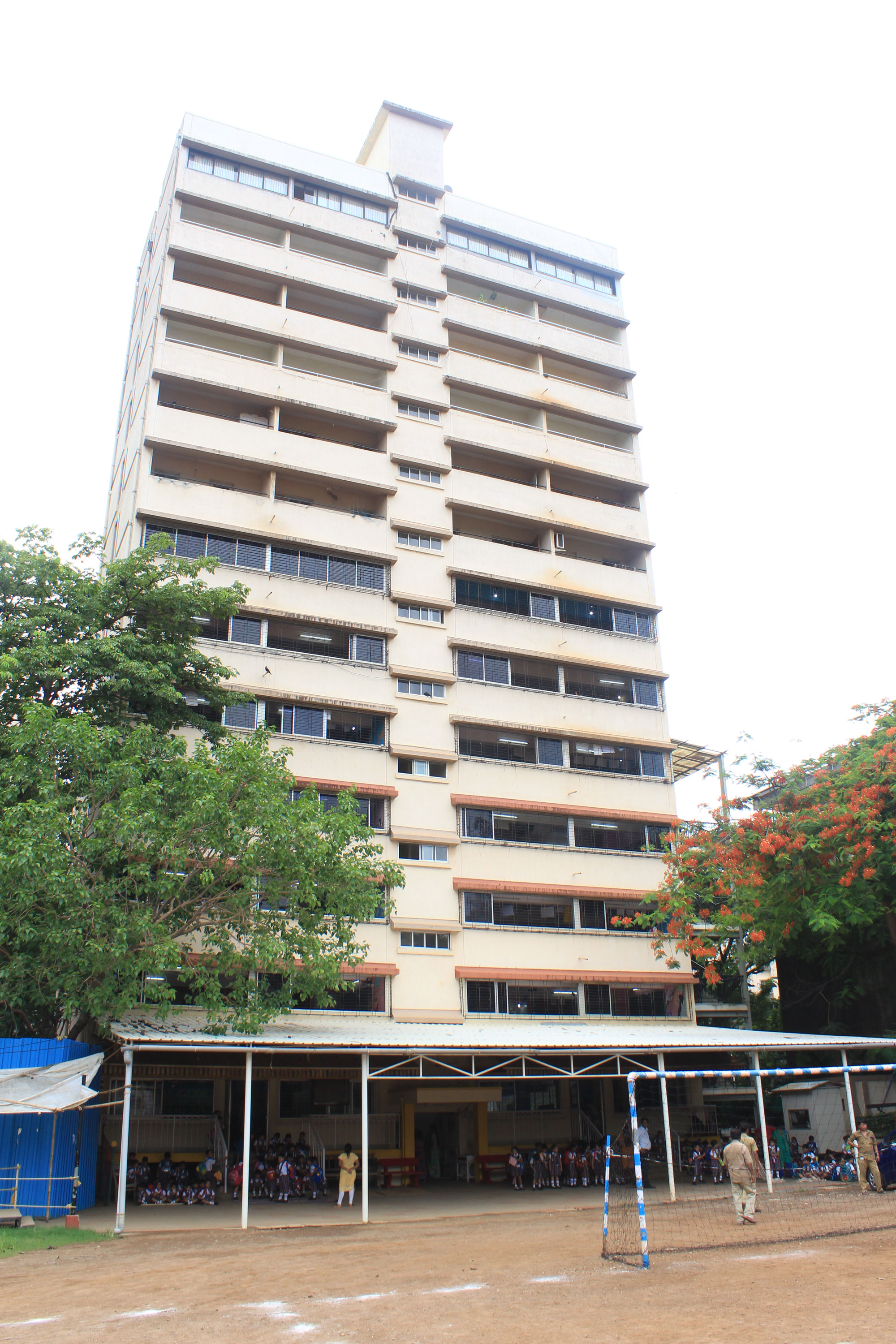Hon. Treasurer
Hon. Secretary
Director
Director
Director
Director
Director
The Bombay Education Society (BES) celebrates the 200th anniversary of its Foundation in 1815 in Mumbai by the Venerable Archdeacon George Barnes, chaplain of the East India Company at the time. Today, it is the oldest society in the city that is dedicated to this vital cause and runs two schools, Barnes School & Junior College, Devlali, and Christ Church School, Byculla, Mumbai.
A hundred years after East India Company Chaplain Rev. Richard Cobbe founded a small free school in Mumbai (not far from the present Cathedral of St. Thomas, Fort) to house, feed, clothe and educate twelve poor boys, Archdeacon Barnes realised that the charity school could not meet the educational needs of hundreds of children and so he appealed for funds. Consequently, The Society for Promoting the Education of the Poor within the Government of Bombay – now known as the Bombay Education Society (BES) – was formed in 1815 with Sir Evan Nepean, then Governor of Bombay, as its first President, to ensure a value-based education and good upbringing for underprivileged children.
The first small school was taken over and student numbers grew until it became apparent that new grounds and school buildings were essential. A large, airy site at Byculla was allocated by the government and new school buildings were opened in 1925. Girl students were also provided for. One of the copper plates commemorating the opening is now on the wall of Evans Hall, Barnes School & Junior College, Devlali. The other remains with Christ Church School, Byculla, Mumbai, which along with the parish church there, stands on part of the land originally given to the BES. Much of the land was later sold to help build Barnes School.
The BES schools were primarily boarding schools for Anglo-Indian boys and girls, mainly belonging to the Anglican Church. However, day-scholars from all castes and creeds were also admitted. In the early 20th century, BES amalgamated with the Indo-British Institution, which had been founded in 1837 by Rev. George Candy. By then, Byculla had become crowded and unhealthy and so, Sir Reginald Spence and Mr. Haig-Brown initiated plans to move the boarding part of the schools away from Bombay to the cooler and healthier Deccan Plateau. A site of more than 250 acres was purchased at Devlali and on November 17, 1923, Sir George Lloyd laid the foundation stone of Evans Hall. Less than two years later, on January 29, 1925, a special train brought the first boarders to Devlali and Barnes School was declared open by Sir Leslie Wilson, Governor of Bombay and patron of the Bombay Education Society.
The memory of Founders and Benefactors is preserved in the names of the buildings – Barnes, Candy, Spence, Haig-Brown and Lloyd. Other names are also remembered. Greaves House is named after Sir John Greaves, a prominent Bombay businessman of the firm Greaves Cotton who was Director of the Bombay Education Society and Chairman of its Managing Committee. Royal House commemorates Harry Royal, an old boy of the school who became an officer of the Bombay Chamber of Commerce and Honorary Treasurer of the BES for many years. The greatest of them all was the Rev. Thomas Evans. After being Headmaster at the old School at Byculla, he became the first Headmaster of Barnes. Without him, the school would probably not have survived its early years, which is why his portrait hangs in Evans Hall, named in his memory when he retired in 1934.
Both BES schools, Barnes School & Junior College and Christ Church School, have a long and proud record of distinguished educational service as well as a reputation for imparting a sound moral, intellectual and physical education. They also have a rich heritage of promoting sports, believing that sports is critical to a child’s overall development and nurtures a competitive spirit.
Barnes School was recognised as the No.1 Day-cum-Boarding School in Maharashtra and No.15 in India in the 2014 Education World Indian School Rankings. Christ Church School is one of the premier CICSE and Cambridge schools in the country. It was voted among the top 10 schools in Mumbai in the Hindustan Times & Digital Magazine survey.

In 1948, the BES faced and overcame a serious threat. The Indian Government decided to phase out the grant-in-aid to Barnes School and Christ Church School, without which the two schools would have to close. William Russell, the Chairman of BES at the time, agreed with the solution proposed by the previous Chairman, Sir John Greaves, which was to sell Barnes School to fund Christ Church School. When the Railway Board of the Central Government offered to buy Barnes School for £150,000, he recommended that the Society accept the offer. It was Frank Anthony, the Anglo-Indian nominated member of the Constituent Assembly, who advised him to reject the offer as it would spell the doom of Anglo-Indian education in India and the Government of Maharashtra headed by Moraji Desai wanted to abolish English as a medium of instruction, except for those whose mother tongue was English. Aided by an eminent lawyer, Frank Anthony filed a case against the Government of Maharashtra and the crisis was eventually averted. Without the timely intervention of Frank Anthony, Barnes School would not be standing today.
Whilst BES has always stressed on academic excellence and the development of all-around skills through sports and extracurricular activities, it has emphasised a value-based education for all students and ensures that they go through a specially created comprehensive course. That is because it is ever mindful of its responsibility to shape the citizens of tomorrow and secure the future of the nation.
